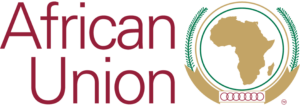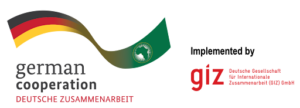Labour migration and free movement are crucial to Africa’s economic integration and sustainable development, aligning with the African Union’s Agenda 2063 and the United Nations Sustainable Development Goals (SDGs). However, media coverage of these issues often lacks a gender-sensitive perspective, resulting in underreported stories about women’s experiences, challenges, and contributions in migration. This gap limits public awareness and weakens informed policy discussions.
As part of the Move Africa project, currently undertaken by The African Union and GiZ, African Women in Media (AWiM) is collaborating with other key organisations across the continent to enhance the capacity of journalists in reporting migration and free movement with a gender lens. Through research, training, and storytelling, this initiative seeks to strengthen media narratives and amplify women’s voices in migration reporting.
Key Components of the Project
- Media Toolkit: Reporting Labour Migration and Free Movement with a Gender Lens
A comprehensive resource designed to support journalists and media houses in producing accurate, gender-sensitive coverage of migration and mobility issues. This toolkit is informed by research, consultations with media professionals, and key policy frameworks such as the African Continental Free Trade Area (AfCFTA). - Editorial Fellowship for Women Journalists
A structured training and mentorship programme for 40 women journalists, providing them with financial and editorial support to produce 50 in-depth stories in various formats, including investigative reports, podcasts, documentaries, and photo essays. The fellowship promotes peer learning and prioritises innovative, cross-border migration reporting. - Collaboration and Knowledge Exchange
Through strategic partnerships, journalists will engage with migration experts, policymakers, and media professionals to deepen their understanding of migration dynamics, enhance their reporting skills, and produce impactful, well-researched stories.
By equipping journalists with the tools and resources to report migration stories with depth and nuance, this project aims to reshape media narratives, inform policymaking, and drive a more inclusive discourse on migration and free movement in Africa.






